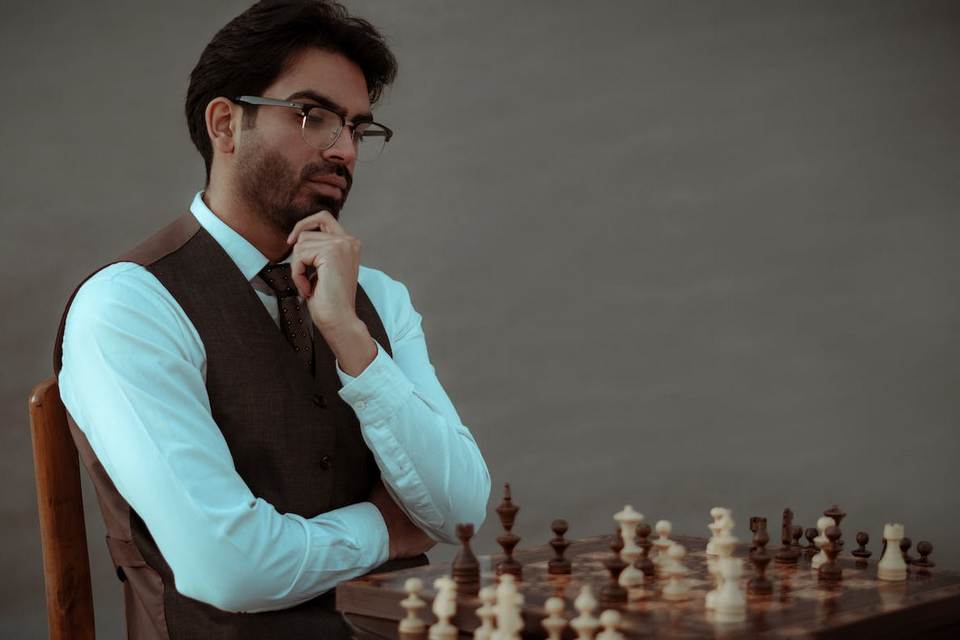Last Updated on April 6, 2024 by Ranking
Becoming a lawyer in France is a dream for many aspiring legal professionals. The profession of an avocat (lawyer) is highly respected and offers a range of opportunities to defend and represent clients in various legal matters. However, the path to becoming a lawyer in France requires dedication, perseverance, and a thorough understanding of the necessary steps. In this guide, we will outline the key requirements and steps to help you navigate your journey towards a successful career as a lawyer.
Section 1: Understanding the Role of an Avocat
Before delving into the specific requirements and steps, it is important to have a clear understanding of the role of an avocat. An avocat is a legal professional who represents and defends clients in court, providing legal advice, and assisting them in navigating the complex legal system. They can handle a wide range of cases, including civil, criminal, and commercial matters. The role of an avocat also extends to mediation and negotiation, aiming to resolve conflicts without the need for litigation.
Section 2: Academic Requirements
To embark on the path to becoming a lawyer in France, you must meet certain academic requirements. These requirements include obtaining a law degree and completing specialized legal training. Let’s explore these requirements in detail:
Subsection 2.1: Law Degree
The first step towards becoming a lawyer is to obtain a law degree. In France, this typically involves completing a Bachelor’s degree (Licence de Droit) followed by a Master’s degree (Master en Droit). The Bachelor’s degree provides a solid foundation in legal principles and introduces students to various areas of law. It is generally a three-year program.
After obtaining a Bachelor’s degree, aspiring lawyers can pursue a Master’s degree in a specific area of law. This allows them to develop expertise in their chosen field and gain a deeper understanding of legal concepts. The Master’s degree program typically lasts for two years.
Subsection 2.2: Specialized Legal Training
Once you have completed your law degree, the next step is to undergo specialized legal training. In France, this training is conducted at a Regional Center for Professional Legal Training (Centre Régional de Formation Professionnelle des Avocats or CRFPA). The training program is known as the Certificat d’Aptitude à la Profession d’Avocat (CAPA).
To gain entry into the CRFPA, aspiring lawyers must pass a highly competitive entrance examination. The examination covers various legal subjects, including civil law, criminal law, administrative law, and ethics. It is important to note that the examination can only be attempted three times.
The specialized legal training program at the CRFPA lasts for 18 months and consists of three modules: theoretical courses, practical training, and an internship at a law firm. Successful completion of the program leads to the award of the CAPA, which is a prerequisite for admission to the legal profession.
Section 3: Admission to the Bar
After completing the necessary academic and training requirements, aspiring lawyers must seek admission to the Barreau (Bar Association) to practice law in France. Here are the steps involved in the admission process:
Subsection 3.1: Swearing-In Ceremony
To become a licensed lawyer, you must first take part in a swearing-in ceremony. During this ceremony, you will take an oath to uphold the principles of the legal profession, including respect for the law and the rights of clients. The ceremony is a symbolic and important milestone in your journey to becoming a lawyer.
Subsection 3.2: Bar Association Registration
Following the swearing-in ceremony, you must register with the Barreau of the jurisdiction where you intend to practice law. This involves submitting the necessary documentation, including your academic qualifications, CAPA certificate, and proof of professional liability insurance. Once your registration is approved, you will be officially recognized as a member of the Barreau.
Section 4: Areas of Specialization
As a licensed lawyer in France, you have the opportunity to specialize in a specific area of law. Specialization allows you to focus on a particular field and develop expertise in that area. Some common areas of specialization for lawyers in France include:
- Civil Law
- Criminal Law
- Commercial Law
- Employment Law
- Family Law
- Intellectual Property Law
- Real Estate Law
Choosing a specialization can enhance your career prospects and allow you to offer specialized legal services to clients in need.
Section 5: Career Opportunities
Once you have become a licensed lawyer in France, a wide range of career opportunities awaits you. Here are some potential career paths for lawyers:
Subsection 5.1: Private Practice
Many lawyers choose to establish their own private practice, either as a sole practitioner or in partnership with other lawyers. Private practice allows you to have greater control over your work and build your own client base. However, it also comes with the responsibility of managing the business aspects of your practice.
Subsection 5.2: Law Firms
Joining a law firm is a popular career choice for many lawyers. Law firms offer the opportunity to work on complex cases, collaborate with other legal professionals, and gain exposure to a wide range of legal matters. Law firms can vary in size and specialization, ranging from small boutique firms to large multinational firms.
Subsection 5.3: In-House Counsel
Many companies and organizations employ in-house counsel to handle their legal matters. Working as an in-house lawyer allows you to focus on the legal needs of a specific organization and become an integral part of its decision-making process. In-house counsel positions can be found in various industries, including corporate, government, and non-profit sectors.
Subsection 5.4: Public Sector
Lawyers can also pursue careers in the public sector, working for government agencies, courts, or public interest organizations. Public sector roles offer the opportunity to contribute to the development and implementation of laws and policies that impact society as a whole.
Section 6: Professional Development and Continuing Education
As a lawyer, it is crucial to stay updated on the latest legal developments and continuously enhance your knowledge and skills. This can be achieved through ongoing professional development and continuing education programs. Participating in seminars, workshops, and conferences can help you stay at the forefront of legal trends and advancements.
Becoming a lawyer in France is a rigorous and rewarding journey. It requires dedication, perseverance, and a commitment to upholding the principles of the legal profession. By completing the necessary academic requirements, specialized legal training, and admission to the Bar, you can embark on a fulfilling career as a lawyer. Whether you choose to practice in a law firm, establish your own private practice, or work in the public sector, the opportunities are vast. Remember to continuously invest in your professional development to stay at the forefront of the legal field. Good luck on your journey to becoming a lawyer in France!




